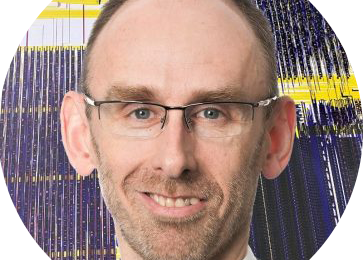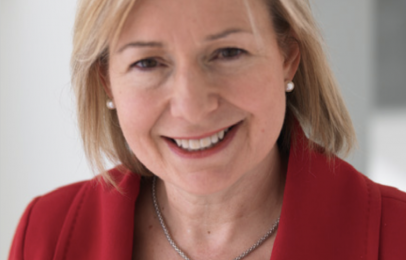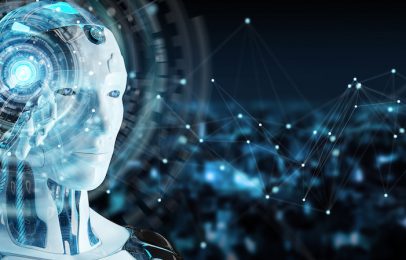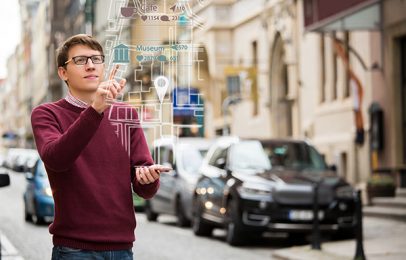Everyone, everywhere is affected by Artificial Intelligence (AI). Whether searching online, shopping or on a helpline, AI affects your life and will increasingly do so in the coming years. Some of these technologies are extremely helpful. This is a topic we need to think about in our churches!
While Christian thinking on technology in general is fairly well developed, we haven’t had that long to think about AI specifically. As with most new technologies, the Bible has nothing to say about AI specifically, but much to say in general about how we use it. Some people are more cautious than others about the potential of AI to contribute to society, while others are more optimistic. No doubt Christian thinking on this subject will develop rapidly, and a resource like this will be very different in five or ten years time.
There are now many Christian resources available on AI, so these are provided as a starting point for your own exploration of the subject.
This work is being done in collaboration with the AI Christian Partnership, which exists to bring together Christian organisations, theologians and technologists to help the Church respond to the opportunities and challenges of AI.
















